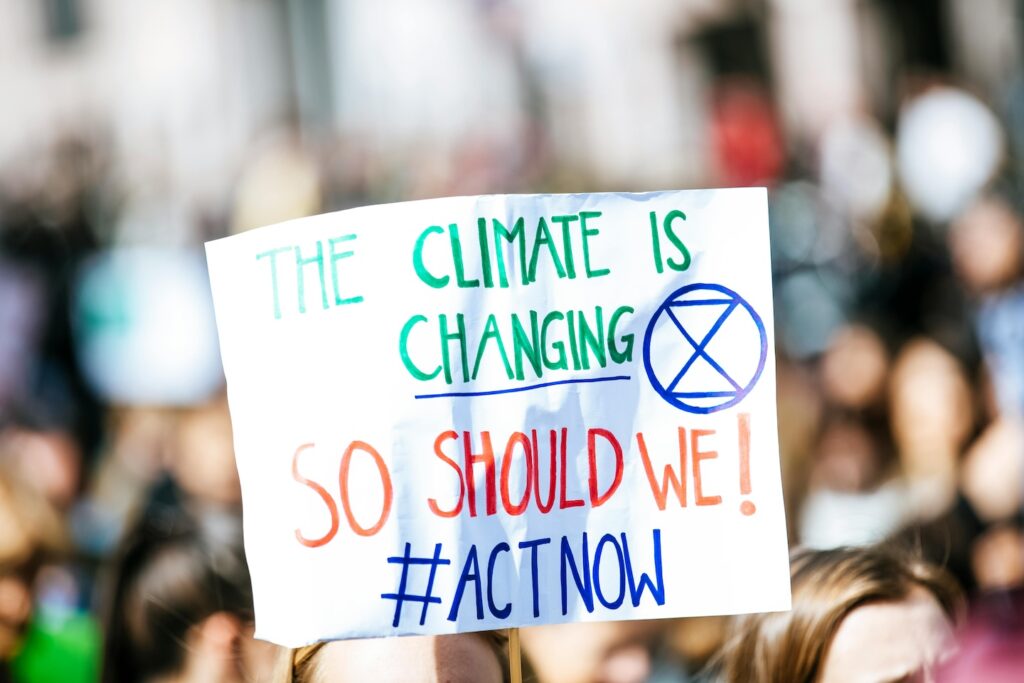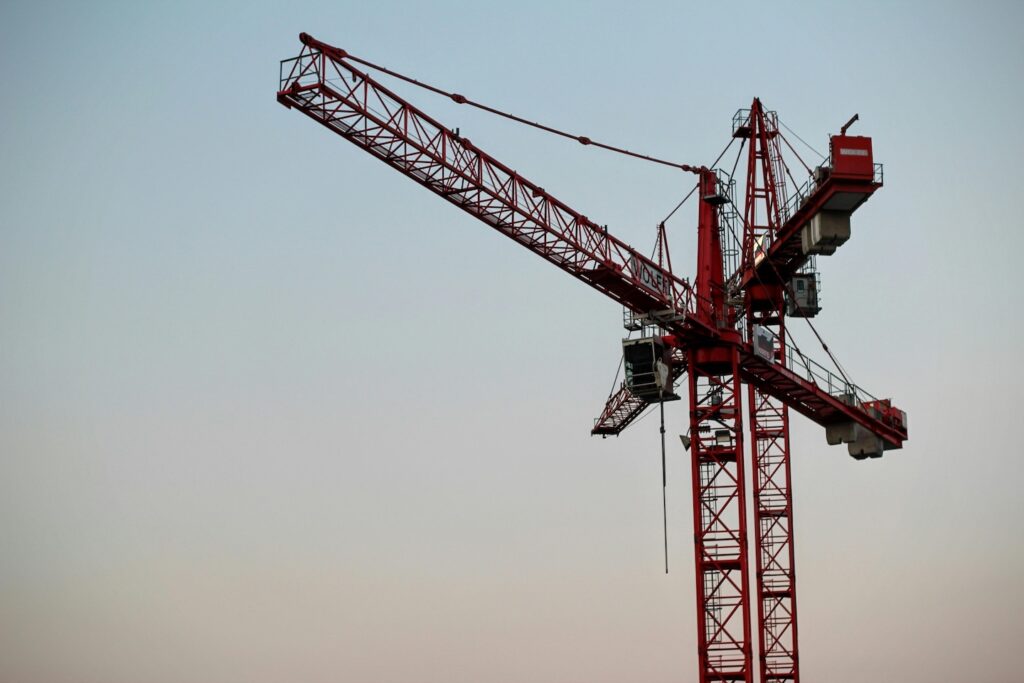Strong mayor powers: Crises demand rapid action

We face emergencies on several fronts, including housing and climate change and they require a new approach in municipal politics. Strong mayor powers are a tool that could speed up good decision-making.
What kind of political system do we want? Do we want a system in which the leaders we like are empowered to implement bold, transformative policies? Or do we want a system in which the leaders we fear are too bogged down in a morass of process and regulation to cause much damage?
Do we trust voters to choose wisely when they go to the polls? Do we trust politicians to wield their powers in responsible, benevolent ways despite all the many pressures of the office, the influence of lobbyists, and the lure of crony enrichment?
This isn’t just abstract noodling. These are important philosophical arguments that loom below the surface of any given political debate.
This is especially true of municipal politics in Ontario, where the rules that govern municipal powers are defined entirely by provincial legislation. There is no constitutional right to municipal governance in Canada – all municipal powers are merely provincial powers that have been delegated to a public corporation that is defined under the Municipal Act and overseen by a council that is elected under the Municipal Elections Act.
The rules under which municipal governments operate is very much a live issue. The Ontario government under Premier Doug Ford demonstrated this in stark fashion when he enacted legislation to cut the size of Toronto’s municipal council in half – from 47 seats to 25 seats – right in the middle of the 2018 municipal election.
Three years later, the Supreme Court of Canada affirmed Ford’s constitutional right to do this, albeit in a split 5-4 vote. Even so, the dissenting minority objected mainly to the timing of making the change in the midst of an election.
I certainly thought the change cut against the spirit of democratic participation. But in defence of Ford’s enthusiasm for upending municipal governance frameworks, it’s hard to argue that the status quo was working particularly well.
His other big change on the municipal stage has been to enact so-called strong mayor powers. Previously, the mayor was effectively just a councillor-at-large with a single vote on council. They had a larger office budget and a mandate to represent the whole city rather than a single ward, but otherwise the mayoralty amounted to a glorified bully pulpit.
Under the new strong mayor system, which was extended to Hamilton in July 2023, the mayor now has the unilateral power to: appoint the city manager and most department heads; establish committees and appoint their chairs and vice-chairs; propose new by-laws that advance provincial priorities and pass them with only a one-third vote; veto by-laws that go against provincial priorities (the veto can be overruled by a two-thirds majority); direct staff to do research and prepare policy advice; and present a proposed annual budget with enhanced veto powers for council amendments.
One of the top provincial priorities is building more housing – fast. The Ontario government has set the goal of adding 1.5 million new housing units by 2031. Hamilton Mayor Andrea Horwath cited this goal in her decision this past spring to overrule a council deadlock on trading some municipal parking spots in downtown Stoney Creek for desperately needed new housing units.
This move came as a surprise to some, given Horwath’s position during the 2022 municipal election that she preferred a “collaborative approach” to “bringing people together” and “trying to find common ground to move forward.”
Horwath warned that a strong mayor could “railroad people or override the democratic process,” calling this “pretty dangerous, frankly.”
I’m sure people are wringing their hands over the delicious hypocrisy of a mayor who warned against strong mayor powers as a candidate only to wield them once in office. I would propose two arguments against such glee.
More specifically, council’s decision to prioritize surface parking over housing during a historic housing crisis was so blatantly, forehead-slappingly bad that it would have been an appalling breach of duty for Horwath to have the power to overrule that terrible decision and then refrain from exercising it.
More broadly, I propose that the progressive movement desperately needs to get over its fear of power and start demonstrating that it is capable of getting things done.
The liberal left has for decades been steeped in a politics of tackling problems by adding layers of accountability, with the goal of slowing down destructive changes by giving the people affected by a new development more power to hit the brakes.
By no means do I intend to disparage this approach. It is entirely appropriate to wield the apparatus of oversight and regulation in order, say, to block a trash incinerator from setting up next to a residential neighbourhood.
The problem is that this approach of blocking the building of bad things does not map well to the challenge of building good things quickly. And building good things quickly is exactly what we need to be doing to address the manifold emergencies we face today. From the housing crisis to the climate crisis, the times demand rapid, decisive action.
Yet our governance structures have been shaped over decades by the goal of making it difficult to do anything. The same policies that allow residents to stop an incinerator can also be abused to block a desperately needed new multi-storey residential building.
The same public scrutiny that is levelled to raise the cost of corrupt self-dealing boondoggles can also be abused to intimidate a public transit agency into such fear of failure that it endlessly delays starting construction on a new rapid transit line.
Strong mayor powers are a tool of governance. Like any tool, they can be used prudently or dangerously. Let us not be so afraid that we lose sight of the power to make things better.

















